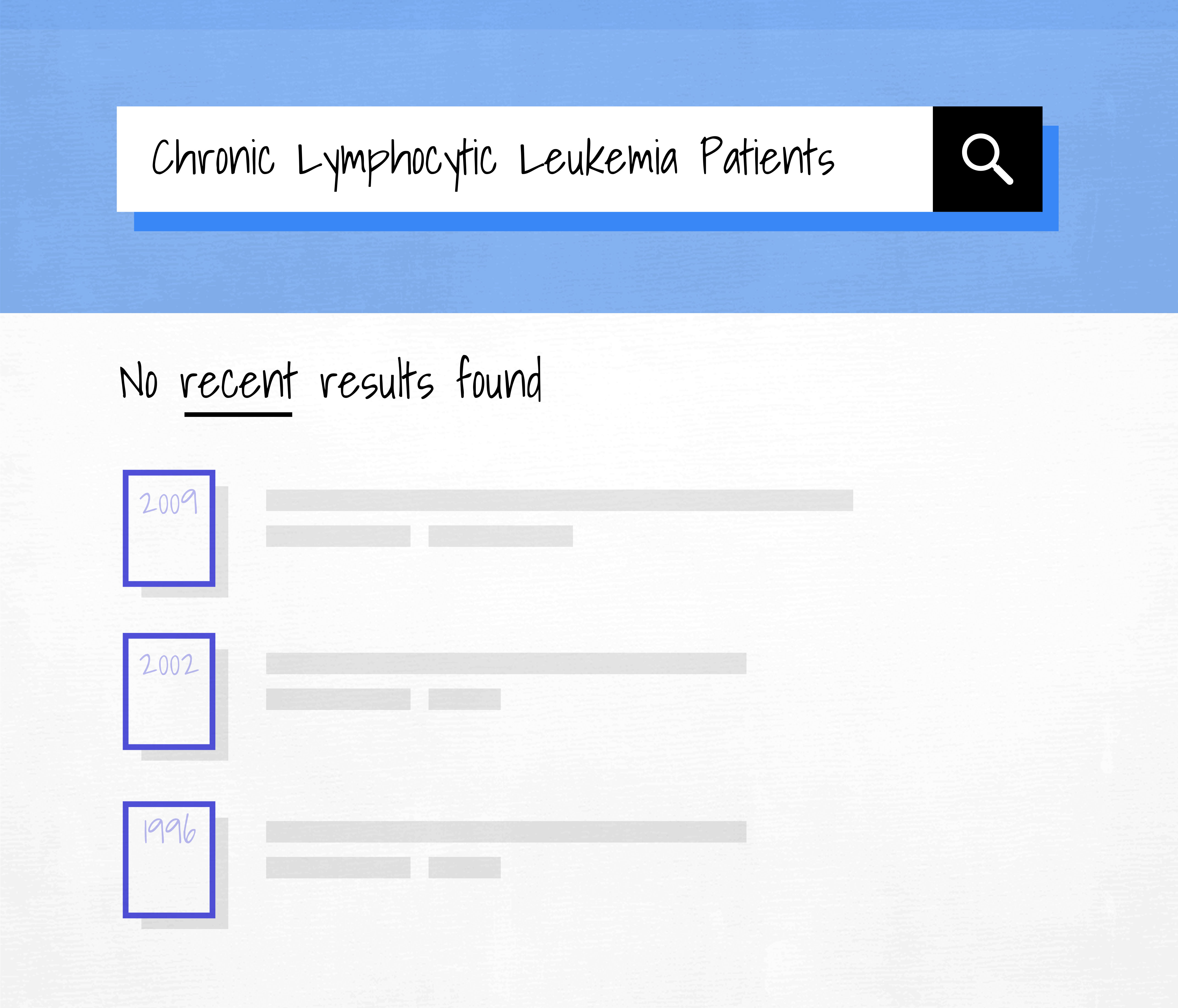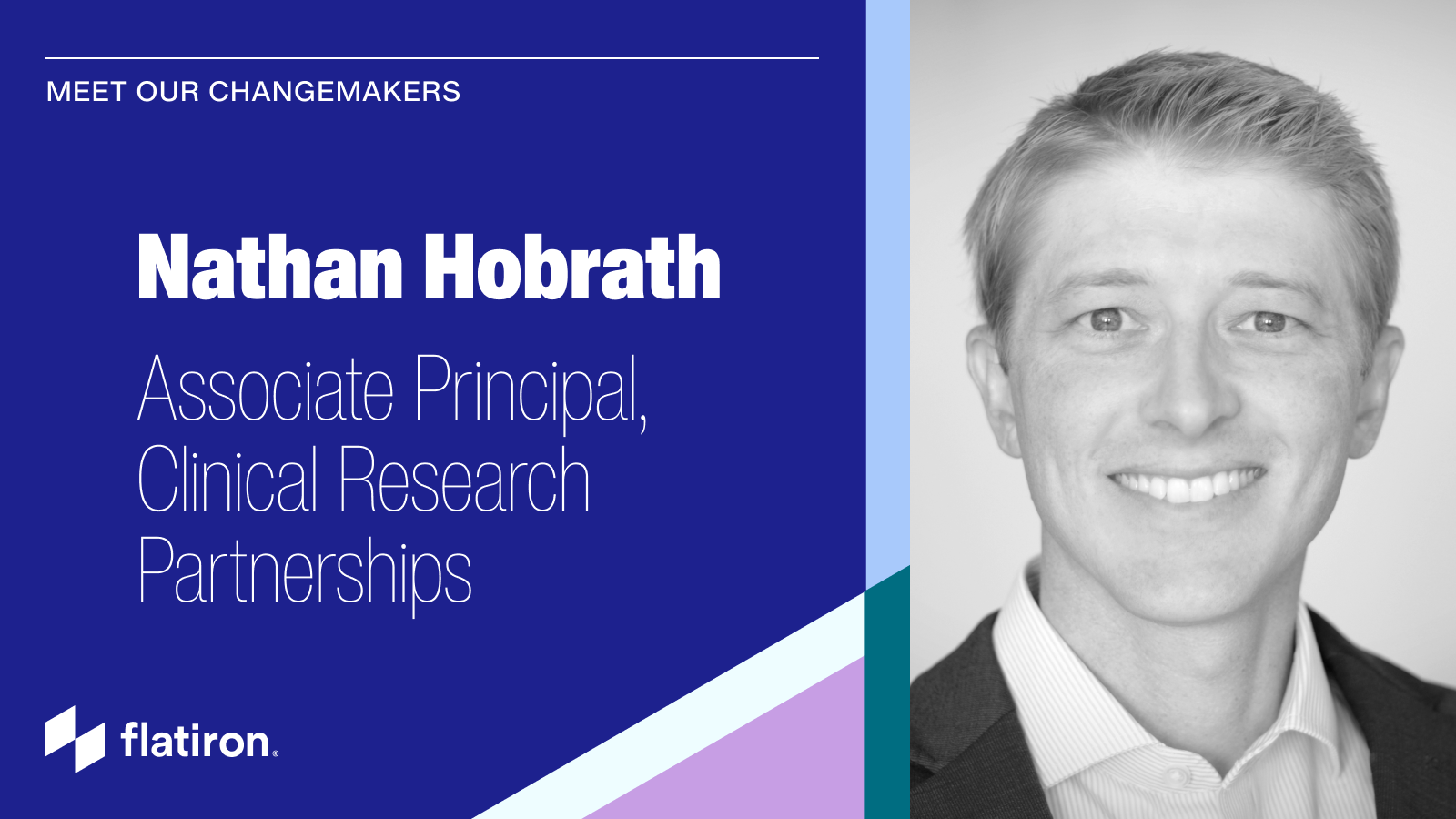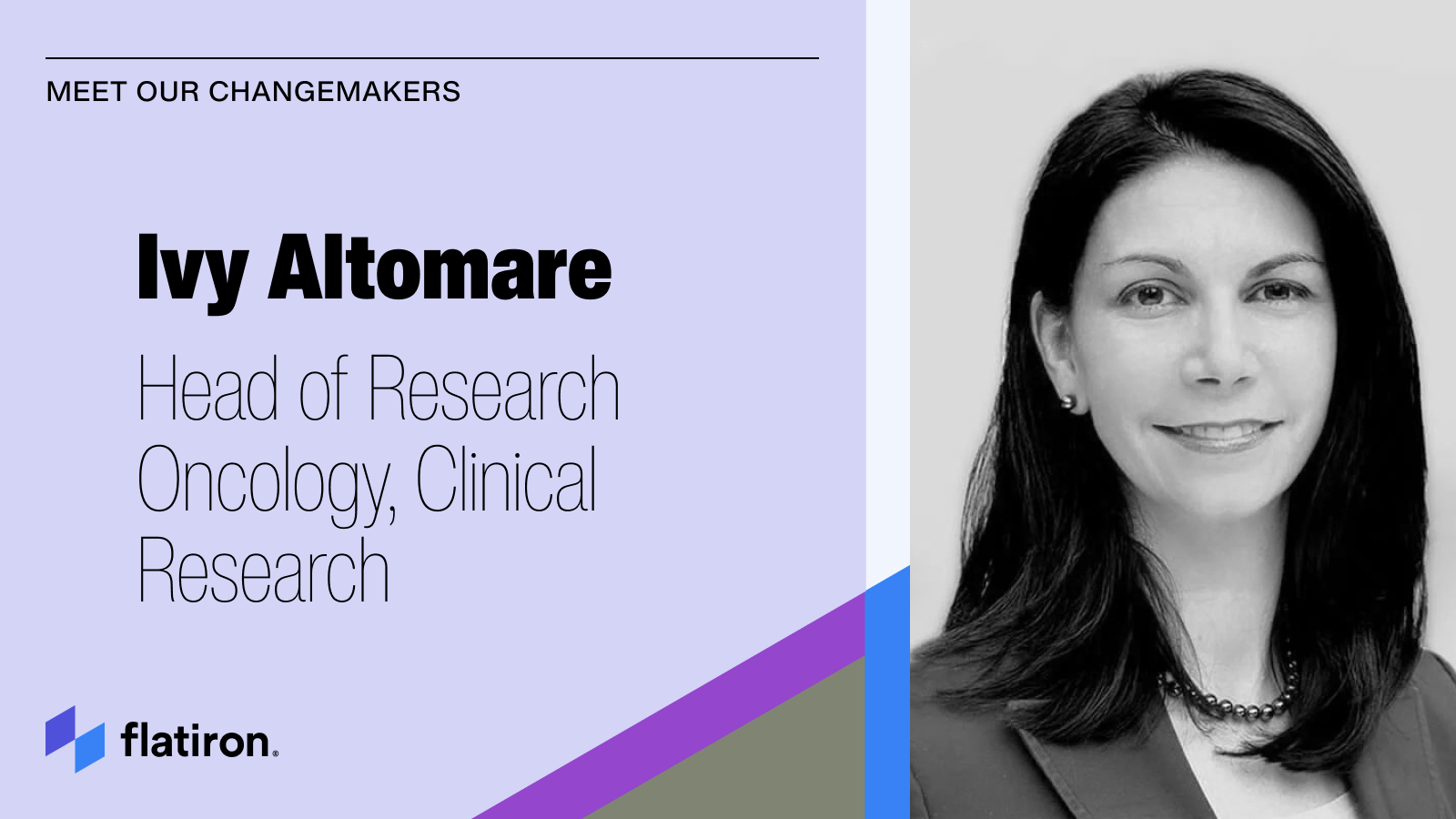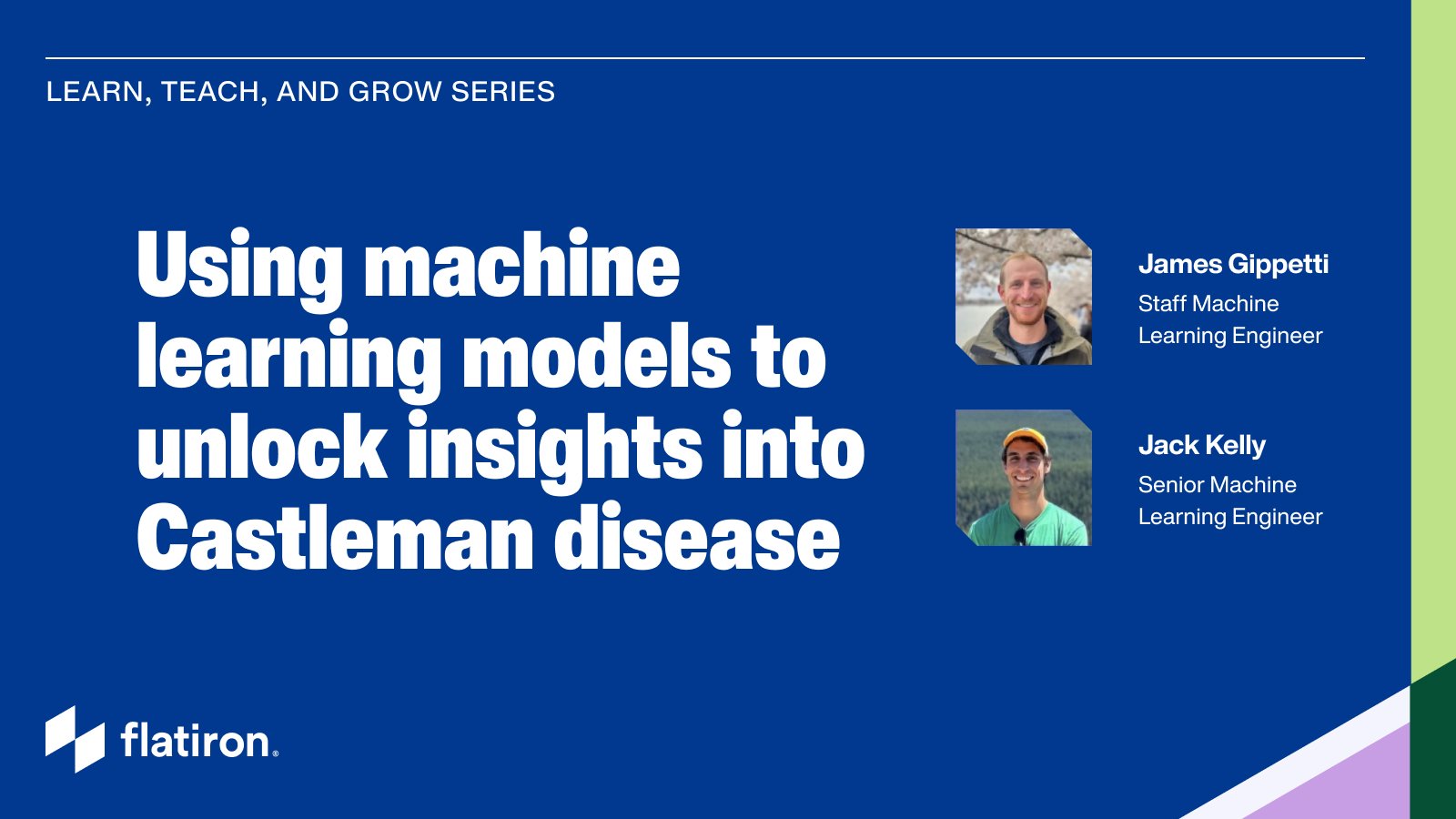I sat in the Seattle airport terminal waiting to board a flight to Milan. I silently cursed the slow internet connection as I tried to download a large file onto my laptop. That morning, I had received a call from my brother. Something had happened with Dad, and he was now in a hospital in Milan. Three hours later, I was sitting in the airport furiously downloading data that I thought would give me some insight in to my dad's condition, data that might ultimately help him.
Growing up, my dad seemed to know everything. Even as an adult, I would seek his advice on everything from retirement investments to tiling a bathroom. But when he was diagnosed with chronic lymphocytic leukemia (CLL) in 2013, he didn't have all the answers. Fortunately, he didn't need them right away. His oncologist reassured us that his cancer was growing so slowly that he might never need treatment, but my dad still wanted to know his options. He was told to try not to worry about what treatment he might need in the future until the time came when we would need to think about it. The treatment landscape was evolving rapidly, his oncologist explained, and while there were several established standards of care, there were also many exciting new treatments in the pipeline.
His oncologist was right. In the three years following his diagnosis, five new drugs were approved for CLL, many of which suggested remarkable outcomes in clinical trials.
As I sat in the airport terminal, I pictured my dad in a foreign hospital. Was he in pain? Could he communicate with the Italian doctors? I was desperate to tell him how much I loved him, but I didn't have any way of contacting him. So I channeled my energy and optimism for the future into belatedly answering his questions about treatment options. As a data scientist who studies health outcomes in oncology, it seemed like the least I could do.
I started by reviewing published research studies. But even the most recently published articles had not kept pace with the onslaught of new treatment options. Publishing research often takes time; I was unfazed about running my own analyses if I had to. So there I was in the airport furiously trying to download a large cancer registry with the goal of figuring out how well patients who had been treated with different CLL therapies had fared.
When I landed in Milan, I didn't have many answers. It turned out the primary cancer registry used by researchers in the U.S. also lagged far behind the rapid pace of innovation in oncology; there were no records for patients diagnosed in the last three years, which effectively ruled out any meaningful analyses I could have run on treatments approved by the FDA in the past few years. But I also learned I didn't have something far more important. My dad had passed away from an infection during my flight. He was 67 years old.
When we entered his hotel room, all of my dad's belongings - his clothes, a few notebooks, a laptop - were laid out as if he had just stepped out for dinner, as he had done with his colleagues the night before. It felt like it all had to be some sort of elaborate and cruel joke; that he'd walk through the door at any minute. Now I had my own set of unanswered questions. How could he be gone so suddenly? Without getting a chance to even start one of those ‘exciting' new treatments that his oncologist mentioned? Without me even getting a chance to tell him how much I loved him one last time?
Less than one month later, I signed on to join the Quantitative Sciences team at Flatiron Health. As an academic scientist, I had limited my research questions to those I could answer largely on my own and, like the public registry I had used to evaluate potential treatments for my dad, with data that was often out of date. But I wanted to tackle the types of questions my dad had and that millions of other cancer patients, family members and healthcare providers face every year when deciding which treatments to start and when. I wanted to study the outcomes of patients receiving cancer therapies that are being used in the real-world, today.
By chance, one of my very first projects at Flatiron required studying a recently approved drug for CLL. Returning home from a visit to Flatiron's headquarters in New York City, I sat in the airport terminal running a query on our data. This time, it was almost effortless; I had a large sample of patients and the answers I needed before I touched ground back in Seattle. It was a powerful feeling. I was overcome with gratitude for the team of amazingly smart and dedicated abstractors, engineers, oncologists and data scientists that had made the analysis so easy.
I couldn't help but think about each of the anonymized patient records I had so easily queried: each record represented an individual person, just like my dad. I was desperate to reach into my laptop and tell the people who made up each of the data points that I analyzed how much I cared and how determined I was to help. But of course I couldn't. At least now, when I channel my energy and optimism for the future into writing code and analyzing data, I know that I'm generating evidence that moves the needle on cancer research. I'm too late to answer my dad's questions, but I know that there are a lot of other people I can still help.



